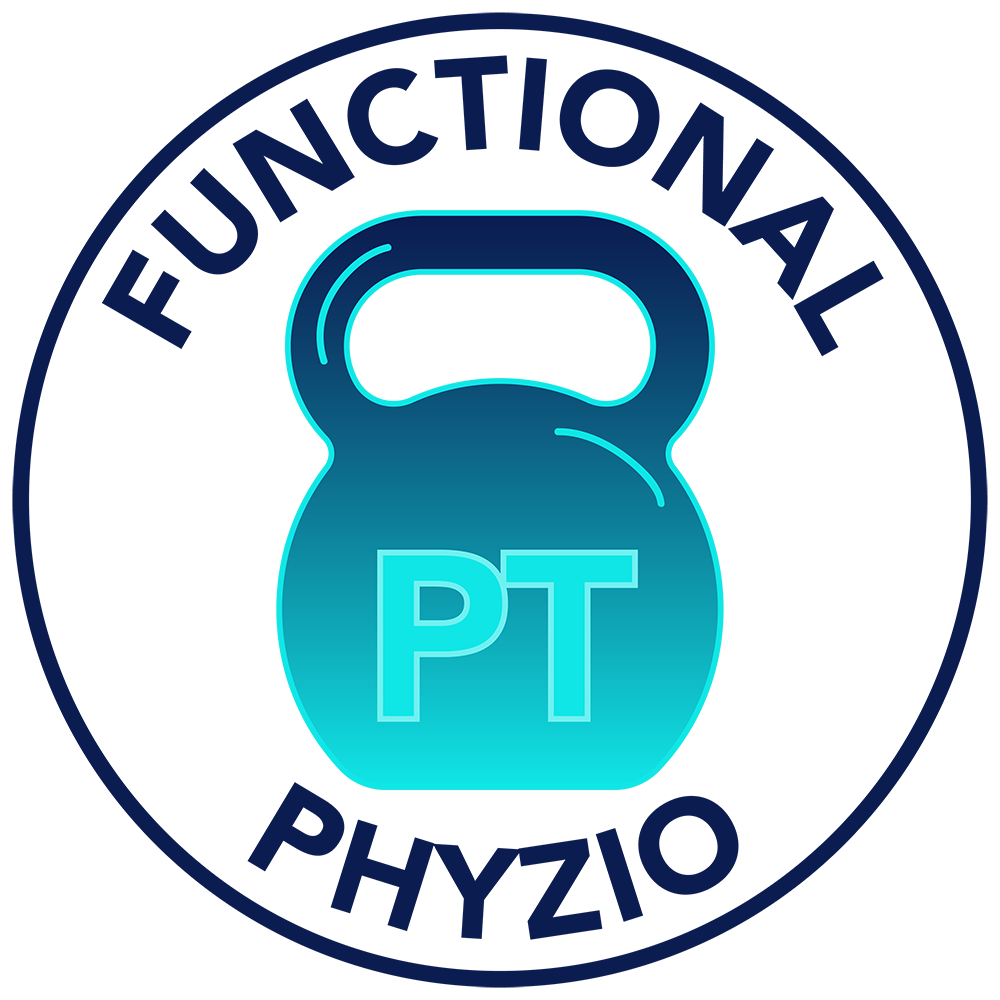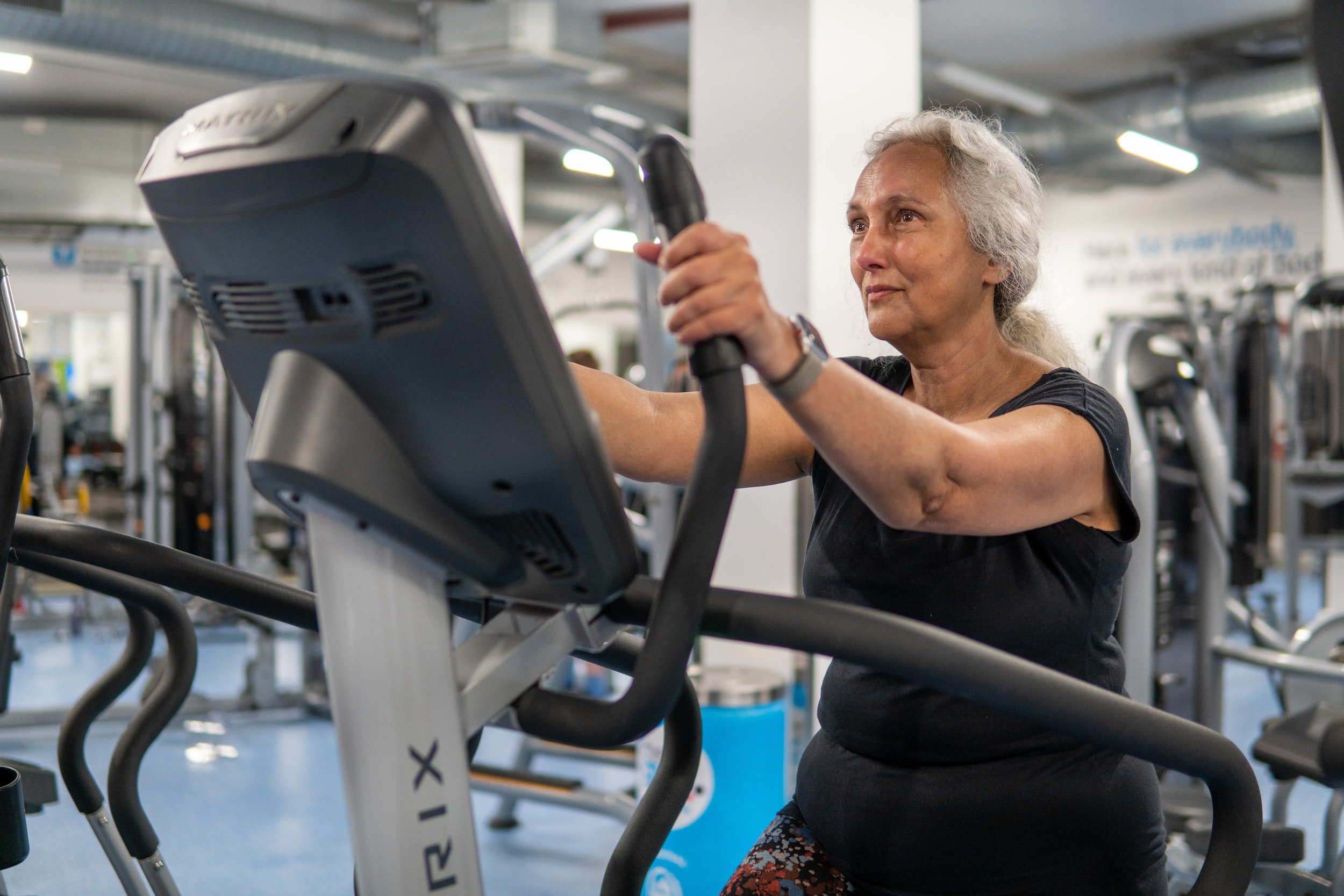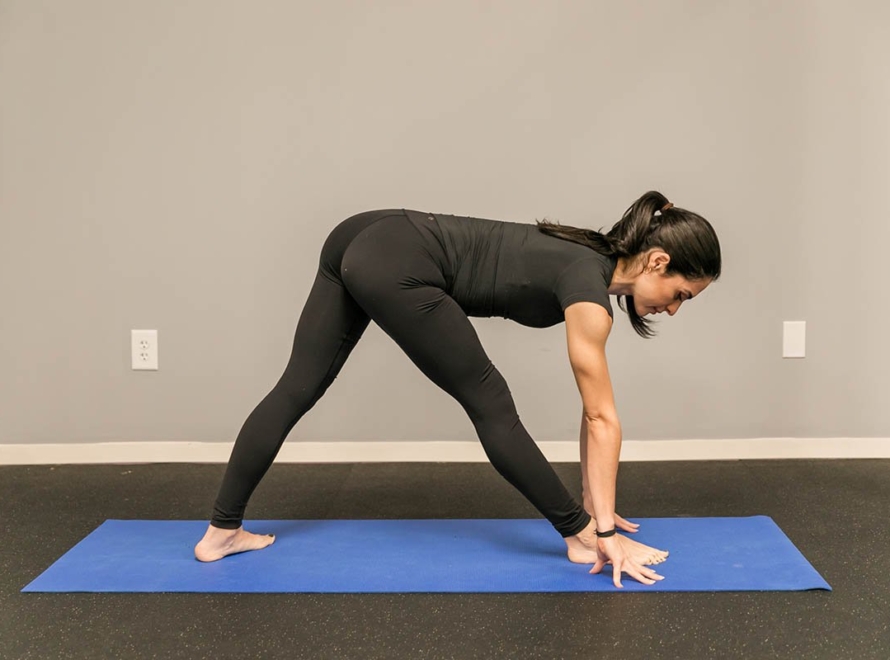Menopause is a enormous transition and liminal space for many folks, where hormones shift, bodies change, and you come out the either side a slightly different version of yourself.
A lot of my clients discuss the energy changes, the mood swings, hormone shifts, changes in their continence, and a new sortie of aches and pains.
Some of these things, I can absolutely help with, and some of these things are outside my scope of practice, so I wanted to describe what I can help with, and how I can help you meet some goals, and also the things you might need to see a primary care or herbalist for.
So, what is within my wheelhouse? Let’s talk.
What we can help with:
-
Strengthening: As physical therapist, we specialize in helping people isolate their weaknesses, and get them stronger, injury free and without pain.
-
Fatigue & Endurance: A lot of folks report fatigue with menopause, which can be attributed to a whole host of things. There is the hormone shift, but really, most people stop exercising because they aren’t sleeping as well, they’re struggling with hot flashes, and stop working out. And once you stop working out, your body doesn’t have the same stressors that encourage muscle building and endurance. It starts a vicious cycle.
-
Bowel and Bladder Changes (to some extent): As pelvic floor specialists, this is definitely our wheel house! Incontinence, with stool or urine can often be due to poor pressure management, and also progressive weakening over time. Your pelvic floor is the group of muscles in the pelvis that control the “ins and outs” of the pelvis, and just like any other muscle, require strengthening to do their job. If you’re less active, the pelvic floor muscles will also grow weaker as the regular demand of your daily activities goes down. Almost any exercises can be a pelvic floor exercise, with the right coordination. As pelvic floor PTs, we’ll discuss strengthening, managing pressure in your abdomen, and coordinating your muscles to make sure everything is working together.
-
Pelvic Pain (to some extent): Have you ever had tight quads, and they’ve hurt? Or had tight muscles in your back that someone has massaged out for you? The pelvic floor is also a group of muscles, and can grow tight and painful as well! Pelvic floor PTs can teach you how to release these muscles.
-
Prolapse: Prolapse is often caused by poor pressure management (imagine your abdomen squeezing improperly, and just pushing a balloon out the bottom!), and/or by a weak pelvic floor. This isn’t age related; prolapse can happen to anyone, but because of the weakness that can occur in menopause, folks can experience more prolapse during this window.
-
Low back pain and Hip pain: The pelvic floor when it’s in a state of dysfunction, can refer pain to the low back and hip, because of how close the pelvic floor is to these regions. Additionally, if you’re less active overall, your core is going to get weaker, and potentially drive you to overuse your back muscles.
-
Wellness coaching: This is within our scope of practice, to discuss and educate our clients on general wellness. We can discuss sleep hygiene, general guidelines for diet, timing for food, and workout routines.
What’s outside a physical therapist’s scope of practice:
-
Hormone Changes & Prescriptions of Estrogen: As physical therapists, we cannot help you regulate your hormones with supplemental estrogen. We can help you build muscle mass, which will help buoy some hormone shifts, but we can’t provide supplementations or prescriptions for your hormones, nor can we diagnosis hormone levels. These are the kinds of things you should see a PCP for.
-
Sudden loss of sensation and motor control: We can absolutely screen you for these, and any PT you see should, but those changes require a visit with a PCP to discover the more central cause.
-
Night sweats: These are the side effects of the hormone shifts as your body adapts to different levels of estrogen in the body. An herbalist or acupuncturist would be able to help modify or reduce your symptoms, and I recommend the kind of support frequently to my clients.
-
Hot Flashes: Again, another side effect of the hormone changes, your inner thermostat has a hard time as your body changes.
-
Sleeping: Sleeping is incredibly important, and we can help you troubleshoot positioning, and sleep hygiene protocols like reducing light exposure, thermostat changes, and so on. But if you’re persistently waking up (not due to pain or having to pee), or having a hard time falling asleep, it might be worth bringing that to a psychotherapist (as stress can impact sleep).
-
Specific diet protocols: We aren’t nutritionists. We can talk about general wellness guidelines for fitness, wellness, and health, and strategies you can use to help meet your goals. But if you feel like you need support around food diaries, calories, or a food routine, a professional dietician and nutritionist would be more appropriate.
As physical therapist, we’re here to help! We can do a lot, from coaching and wellness, to supporting you in meeting your fitness goals (from picking up kids, to climbing a mountain, to sleeping better because you’re more active, to feeling better because you’re getting outside more). Contact us to get started today!




